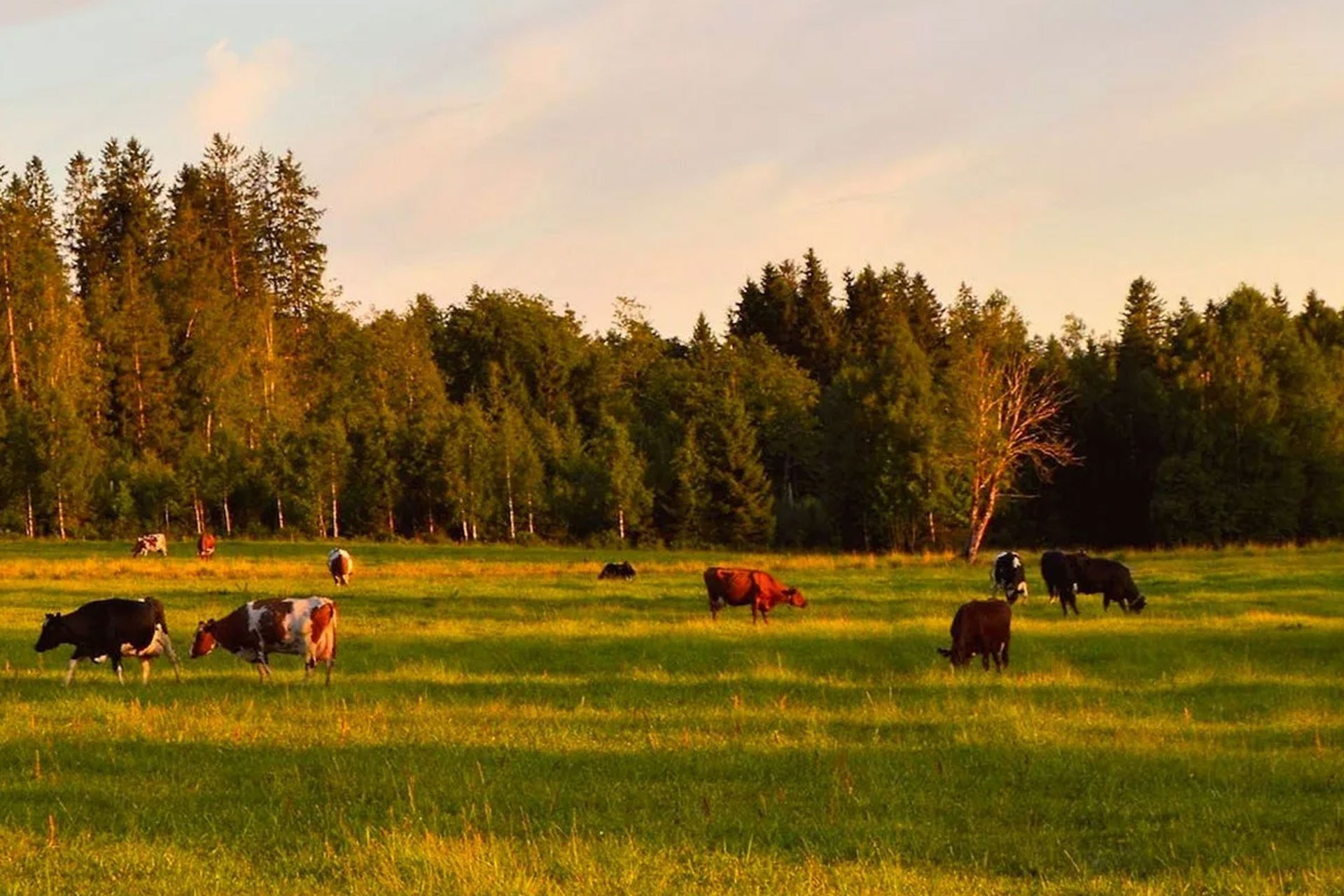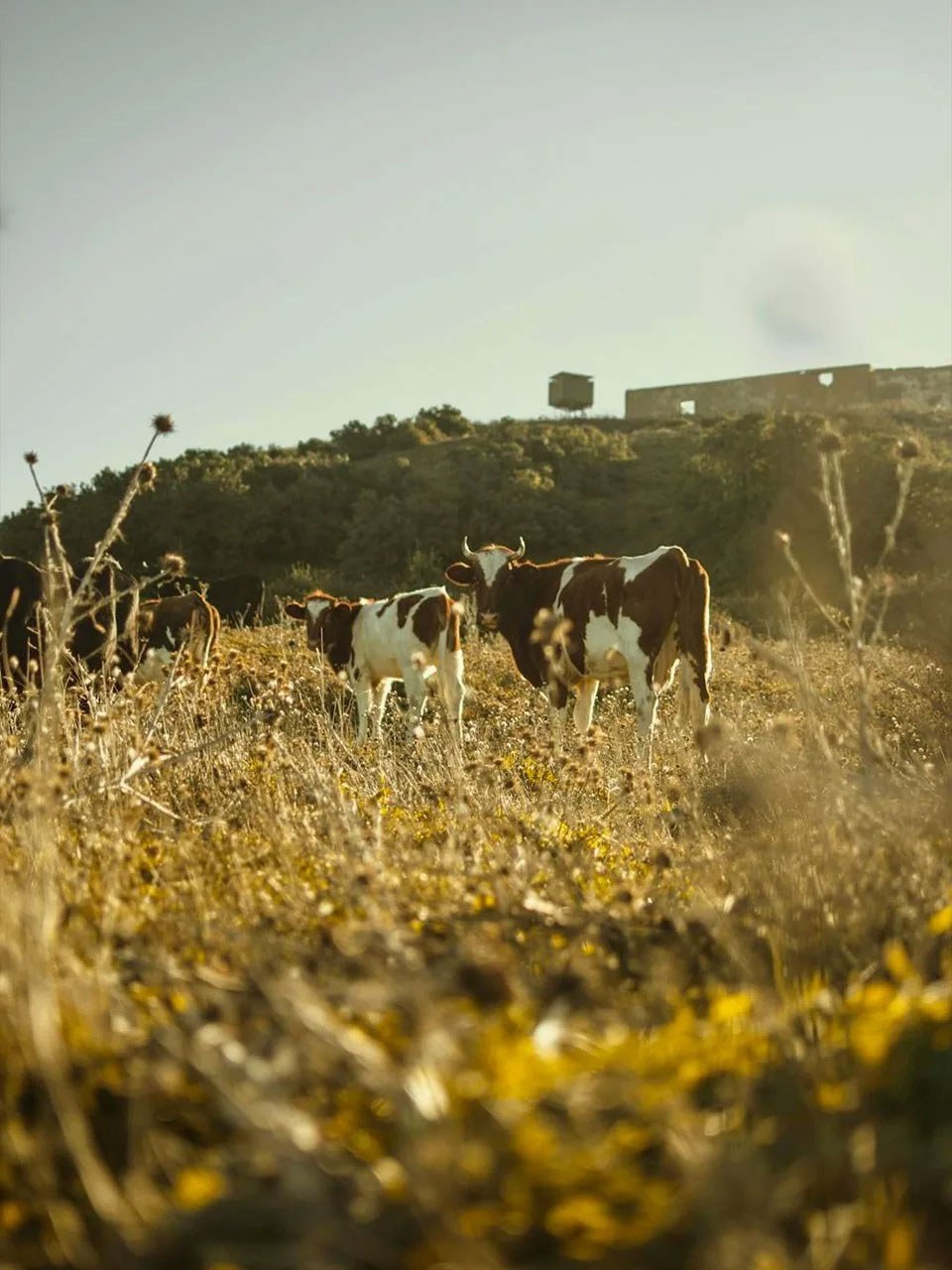Traceability and animal welfare policy
A sustainable strategy for the leather supply chain


Our commitment to sustainability, summarized in the motto "Sustainability, next level," also encompasses the issue of supply chain traceability
Our work is based on recovering a by-product of the food and dairy industry, which we ennoble and transform through the tanning process into a qualifying element of objects at the center of our daily lives.
Leather represents the main raw material for companies operating in the tanning sector and the basis of transformation processes. As such, it is a key point on which to focus our commitment to improving our environmental and social performance and that of our suppliers. In this context, it is essential to ensure a reliable traceability system for our supply chain.
The use of this material allows us to save it from disposal as waste. Leather processing is indeed part of a virtuous circular economy process, aimed at recovering and enhancing a product that, from slaughter waste, becomes a valuable asset.

To ensure the highest standards of quality, safety, and sustainability of our products, supply chain control is a crucial element.
The international organization Leather Working Group (LWG) evaluates companies in the leather supply chain based on environmental, social, health, safety, and governance criteria, including raw material traceability. LWG is a multi-stakeholder organization that has developed a protocol that assesses compliance and business practices regarding sustainability criteria set in the leather supply chain. It is now considered the most authoritative global reference in the field.
Our management has received the Gold Rated from LWG, the gold medal which constitutes the highest evaluation, with a traceability score of up to 85%, among the highest in the tanning sector.
Animal welfare and protection from deforestation
Our commitment to improving the environmental and social performance of the supply chain is also integrated into our Code of Conduct, whose subscription commits our suppliers of leathers, chemicals, materials, and services to respect ethical, social, and environmental standards.
- Recognizing the particular importance that leather supply has for our activity, our code of conduct also requires leather suppliers to:
- Respect the reference legislation applied in their country regarding animal welfare;
- In case there is no specific legislation on the topic present and applicable, suppliers commit to ensuring respect for the five fundamental freedoms of animals (freedom from hunger and thirst; from discomfort; from pain, injury, and disease; to express normal behavior; from fear and distress);
- Guarantee that the leathers do not come from animals raised on farms involved in illegal deforestation of the Amazon and other protected areas of South America.
This intention is confirmed by our choice, following an initial report from a non-governmental organization, to refrain from purchasing leather from Paraguayan suppliers that, according to reasonable traceability rules, comes, directly or indirectly, from ranches located in the territory known as PNCAT (Patrimonio Natural y Cultural Ayoreo Totobiegosode), ancestral land of the Ayoreo Totobiegosode people.
The decision was made with the purpose of countering illegal deforestation activities in the Paraguayan area of PNCAT and contributing to protecting the survival and rights of the threatened Ayoreo people, who inhabit the area and constitute the last uncontacted tribe in South America surviving outside the Amazon basin.

Our commitment to controlling our supply chain does not stop here. The company sustainability plan includes a series of short, medium, and long-term objectives, in a perspective of increasing transparency:
- Adherence to the United Nations Global Compact, the UN initiative aimed at creating a more inclusive and sustainable global economy;
- Voluntary disclosure through the "Forest" module of the CDP rating to share and make transparent our commitment against deforestation;
- Definition of a specific protocol for selection and evaluation of leather suppliers according to "ESG/traceability/animal welfare" criteria;
- Development of a monitoring system and periodic rating of the environmental and social performance of our leather suppliers, with particular attention to animal welfare and traceability.
We commit to verifying the achievement status of these objectives at least annually and updating them based on the results obtained in a perspective of continuous improvement.
